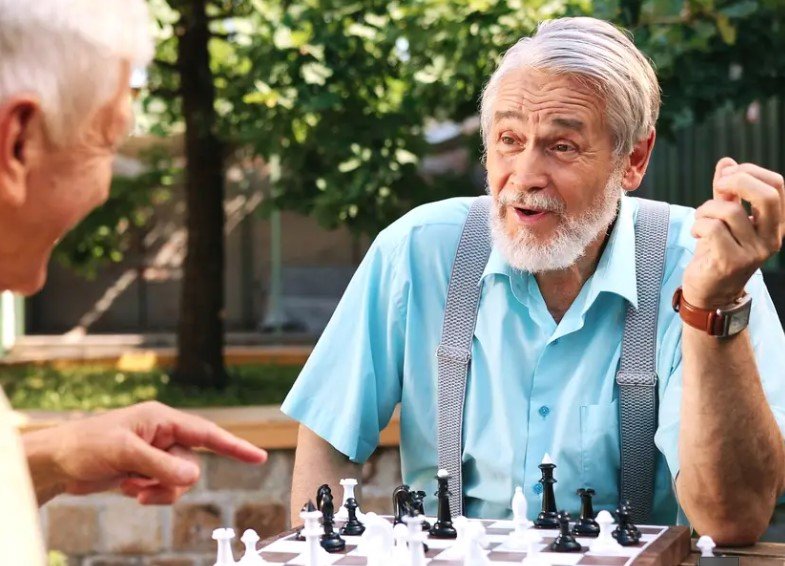In a world where age is often reduced to mere numbers, it’s time to shift our perspective. Instead of labeling individuals as “elderly,” let’s embrace the term “elder.” This subtle change can transform how we view aging and the wisdom that comes with it.
The Age Conundrum
Defining “elderly” isn’t straightforward. Different countries and cultures have varying thresholds. For instance:
- In developed nations, 65 is often considered the starting point for “elderly,” tied to pension benefits eligibility.
- The United Nations classifies 60 and above as “older,” using “elderly” to describe specific consumer groups.
- The Collins English Dictionary deems “elderly” a polite way to refer to older individuals.

The Power of “Elder”
Leaders in the field of aging champion the term “elder” for its positive connotations:
Chip Conley: In his book “Wisdom at Work,” Conley distinguishes between “elderly” (years lived) and “elder” (what one has done with those years). He founded the Modern Elder Academy, helping people navigate midlife transitions.
Dr. William Thomas: As a geriatrician, Thomas promotes “elder” to honor experience. Elders, revered in cultures like Japan and Native American communities, contribute wisdom and perspective.
Beyond Age
“Elder” isn’t solely chronological; it signifies authority, respect, and influence. Consider:
- Melchizedek Priesthood: In the Mormon church, members are called “elders,” regardless of age.
- The Elder Days: J.R.R. Tolkien’s Middle Earth lore describes the oldest historic age as the “Elder Days.”
Embracing Wisdom
Let’s drop the old term “elderly” and recognize the richness of “elderhood.” It’s not just about years; it’s about what we do with them. As we honor our elders, we step into a world where wisdom bridges time.
